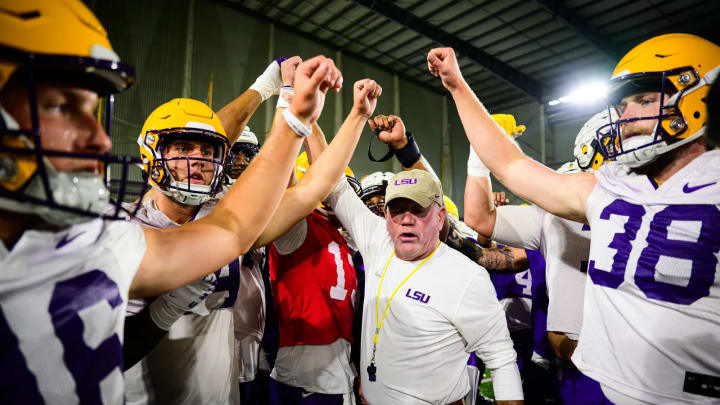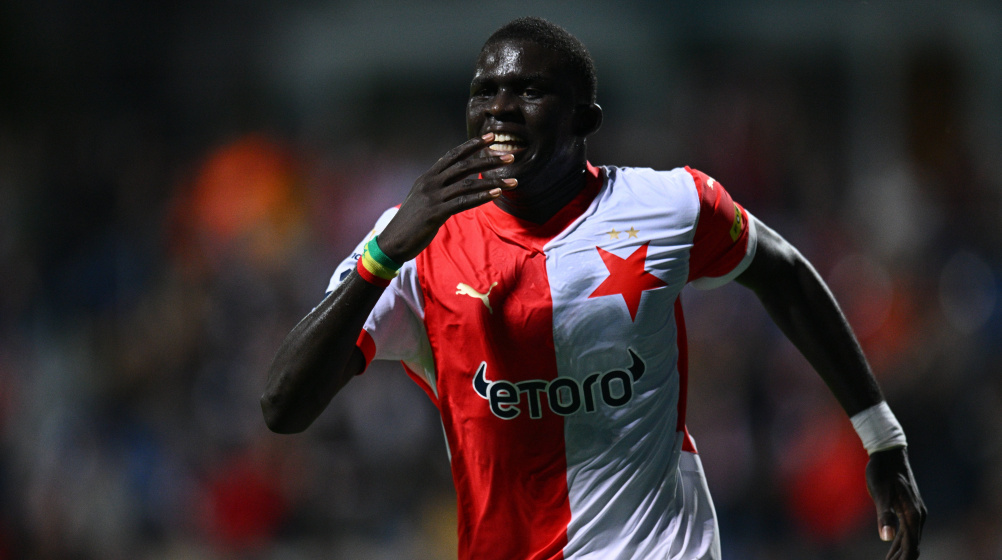LSU has reconsidered their decision not to transfer to other institutions or professional leagues because of…….read more
LSU Reconsiders Decision on Transfers and Professional Leagues: A Strategic Shift for Athletes
Louisiana State University (LSU) has recently made a pivotal shift in its approach to athlete transfers and professional league transitions, signaling a new era for student-athletes looking to make a name for themselves beyond the collegiate level. The change comes after a variety of factors have influenced the university’s perspective on player movement, both to other institutions and into professional leagues.

Changing Landscape of College Sports
For years, LSU was known for being a stronghold in college athletics, particularly in football, basketball, and baseball. However, the landscape of college sports has dramatically changed in recent years, with the emergence of the NIL (Name, Image, and Likeness) deals and the rapid evolution of transfer portal rules. Athletes are no longer confined to their original programs or teams, and they now have more autonomy over their future career choices. LSU has acknowledged this shift and has decided to reconsider their stance on allowing players to transfer out or move to professional leagues.
Influence of NIL Deals
The introduction of NIL deals has undoubtedly had a major impact on the way athletes view their college careers. With the opportunity to earn significant income while still playing in college, many student-athletes are increasingly focused on maximizing their exposure and marketability. LSU, known for its deep-rooted sports culture, has come to recognize the potential benefits of allowing players to explore professional opportunities or transfer to other schools that might better align with their career goals.
Athletes Seeking Growth and Opportunity
Athletes are now more than ever focused on their development and opportunities for future success. LSU’s new approach allows players to seek out institutions or leagues that better suit their aspirations, whether it be a better playing environment, a larger platform, or increased visibility on the national stage. The decision to not restrict transfers or professional transitions ensures that LSU student-athletes can take advantage of every opportunity to elevate their careers. With schools offering better resources, stronger coaching staffs, and different systems, LSU recognizes that these moves can provide players with the necessary tools to succeed.
Shifting from Tradition to Future Focus
LSU’s reconsideration of its stance reflects a broader shift in college sports, where universities are increasingly focused on supporting the long-term success of their athletes, both on and off the field. In previous years, some schools may have been more resistant to player transfers or early professional exits due to concerns about losing top talent. However, LSU’s new approach acknowledges that the landscape has changed and that empowering athletes to make these decisions is in everyone’s best interest, including the university’s.
Moreover, LSU understands that fostering an environment where athletes can grow and reach their full potential benefits the school’s reputation, too. As athletes succeed in their professional careers, the university gains positive exposure, and current players are inspired to continue pursuing excellence.
Conclusion
LSU’s decision to allow its athletes the freedom to transfer or transition into professional leagues is a clear reflection of the evolving nature of college sports. By empowering its athletes, LSU has shown that it understands the importance of supporting players as they take control of their own futures. Whether it’s a transfer to a rival school or a jump to a professional league, LSU’s change in policy promises to provide its student-athletes with the best opportunities to succeed both during and after their collegiate careers.













Post Comment